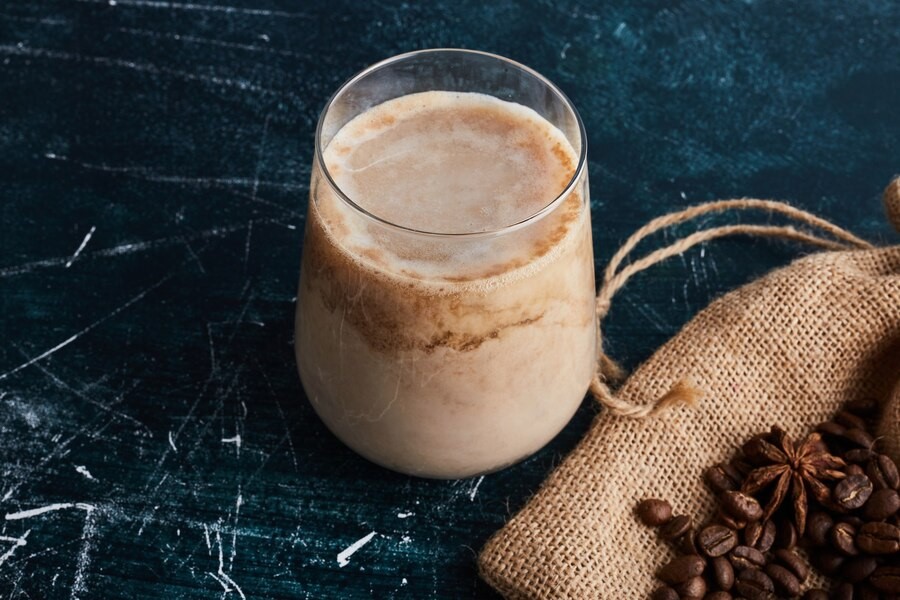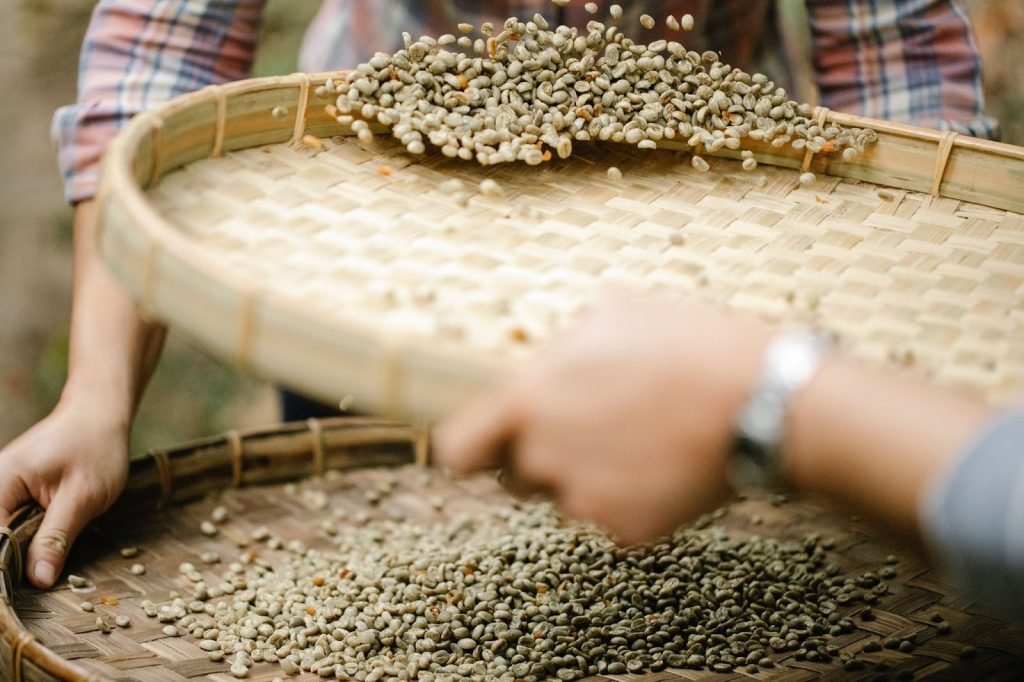Strong coffee can refer to the characteristics of coffee with high caffeine content, intense flavor or brewing coffee with special methods to produce greater flavor strength. Preference for this type of coffee is highly subjective and depends on individual taste.
Strong Coffee
The term strong coffee can refer to several different meanings depending on the context:
- High Caffeine Content
In many cases, “strong coffee” refers to coffee with high caffeine levels. This means it has a higher concentration of caffeine than regular coffee which can have a stronger stimulant effect.
- Intense Flavor
Sometimes, “strong coffee” is used to describe coffee that has an intense or full flavor, especially when the flavor is more intense or bold than lighter or milder coffees.
- Coffee Brewed with Special Methods
Some coffee brewing methods, such as espresso, French press, or pour-over, can produce coffee that is stronger in flavor than other brewing methods. In this context, “strong coffee” refers to coffee served with these methods.
Characteristics of Strong Coffee
The characteristics of strong coffee can include several elements that make it different from regular coffee or milder coffee. Some characteristics of strong coffee include:
- High Caffeine Levels
One of the most striking features of strong coffee is the high levels of caffeine. This can provide a stronger stimulant effect and makes it suitable for those looking for a quick energy boost.
- Intense Flavor and Power
Strong coffee often has a more intense and bold flavor. This can include a more bitter, more concentrated flavor, and perhaps with a touch less sourness.
- Thicker Texture
Strong coffee tends to have a thicker or heavier texture on the tongue. This could be due to the coffee oils that are more abundant in high-caffeine coffees.
- Strong Scent
Strong coffee often has a very distinctive and strong aroma. It can be a thick aroma, such as dark chocolate, burnt sugar, or wood, depending on the coffee beans and brewing method.
5. Special Brewing Methods
Serving strong coffee often uses specialized methods, such as espresso, which results in a more flavorful beverage due to the shorter pressure and contact time with water.
6. Resistance to Mixture
Strong coffee tends to retain its characteristics even when mixed with milk or sugar. The strong flavor can still be felt in the mixture.
7. Darker Colors
Strong coffee often has a darker color, almost dark brown or black.
Strong Coffee Example
There are several types of coffee that have strong characteristics, both in flavor and caffeine content. Some examples of strong coffee include:
- Espresso
Espresso is one of the well-known examples of coffee with strong characteristics. It is a highly concentrated and concentrated coffee drink. It is served by brewing hot water through very fine coffee grounds at high pressure. Espresso has an intense, rich and full flavor.
- Robusta
This type of coffee bean has higher caffeine levels than the Arabica type of coffee. Robusta coffee tends to have a stronger, bitter, and slightly more acidic flavor than Arabica.
- Tubruk Coffee
It is a type of Indonesian coffee made from a mixture of coffee powder, sugar and a little water in one pot. Tubruk coffee usually has a strong and sweet flavor due to the sugar in the brewing process.
- High Caffeine Coffee
Some commercial coffee brands offer “high caffeine coffee” varieties that have higher caffeine levels than regular coffee. Some people think of this coffee as strong coffee because of the stronger stimulant effect.
Soft Coffee
Soft coffee is a type of coffee that has the opposite characteristics of strong coffee.
Characteristics of Soft Coffee
The mild type of coffee has a number of characteristics that distinguish it from strong coffee. Here are some of the characteristics of soft coffee:
- Light and Soft Flavor
Soft coffee often has a lighter, smoother, and easier-to-drink flavor compared to strong coffee. This creates a more gentle and pleasant coffee drinking experience.
- A Balanced Touch of Acid
Soft coffees often have a balanced touch of acid, which gives freshness to the flavor. The acid can be lightly fruity or gently floral.
- Consistency in Taste
Soft coffee tends to have good flavor consistency from sip to sip. This makes it suitable for people looking for a stable and balanced flavor in a cup of coffee.
- Natural Sweetness
Some smooth coffees have a naturally sweet flavor, especially those derived from Arabica coffee beans. This can include sweet touches such as caramel, brown sugar, or light fruity flavors.
- Lightweight Texture
Soft coffees often have a lighter or thinner texture on the tongue when compared to stronger coffees. This creates a drink that is easy to consume.
- Lightweight Brewing Method
Some brewing methods, such as pour-over or filter brewing methods, often result in smooth coffee as the water flows more slowly and gently infuses the coffee grounds.
- Brighter Colors
Soft coffees tend to have a lighter or brighter color in the cup, often light brown to reddish.
- Light and Aromatic Scent
The aroma of soft coffee is often light and aromatic, with light floral, spice or fruit-like notes.
Example of a Soft Coffee Type
Some examples of types of coffee that are often considered soft coffee include:
- Arabica Coffee
Arabica coffee beans are known to be milder than Robusta coffee beans. Arabica coffee tends to have a smoother, lighter flavor, and has a more refreshing acidic touch.
- Colombia Coffee
Colombian coffee is famous for its delicate and balanced flavor image. It has a moderate level of acidity and often has a mild sweet and fruity flavor.
- Kona Coffee
Kona coffee originates from Hawaii and is famous for its smooth taste with a nutty and flavorful touch. This coffee has mellow characteristics that are prized by many coffee lovers.
- Ethiopian Coffee
Ethiopian coffee is famous for being the origin of coffee. These coffees have a variety of flavor profiles, but many of them have delicate characteristics, with light fruity, and floral flavors.
- Indonesian Coffee
Some Indonesian coffees, such as Balinese coffee or Java coffee, can also have a delicate flavor, with a lighter and sometimes sweet taste.
In addition to the origin of the coffee beans, factors such as roasting method, brewing method, and degree of grinding can also affect the mild or strong characteristics of the coffee. Coffee flavor preferences are highly subjective, so it’s important to try different types of coffee to find the one that best suits your tastes.









